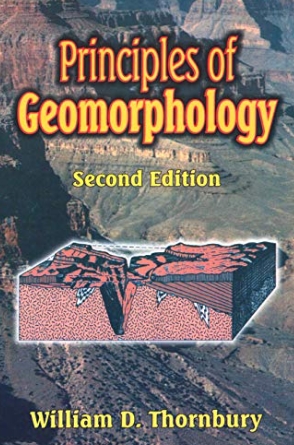Geology is an important subject for UPSC aspirants, and within that, geomorphology plays a crucial role. Understanding the fundamentals of geomorphology can help aspirants better grasp the concepts and score well in the examination.
Introduction to Geomorphology
Geomorphology is the study of landforms and the processes that shape them. It explores how different factors like tectonic activity, weathering, erosion, and deposition influence the Earth’s surface.
Types of Landforms
There are various types of landforms, such as mountains, valleys, plains, plateaus, and coastlines. Each landform is shaped by specific geomorphological processes and can provide insights into the geological history of a region.
Factors Influencing Geomorphology
Several factors influence geomorphology, including climate, geology, vegetation, and human activities. Understanding how these factors interact can help aspirants analyze the landscape and predict its future evolution.
Important Concepts in Geomorphology
Some important concepts in geomorphology include topography, drainage patterns, soil erosion, and sedimentation. These concepts are essential for understanding the Earth’s surface processes and their impact on the environment.
Applications of Geomorphology
Geomorphology has various practical applications, such as land use planning, natural hazard assessment, and environmental conservation. Aspirants should be familiar with these applications to appreciate the relevance of geomorphology in the real world.
Conclusion
Exploring the fundamentals of geomorphology is essential for UPSC aspirants preparing for the examination. By understanding the processes that shape the Earth’s surface, aspirants can gain a deeper insight into geological phenomena and enhance their knowledge of the subject.

